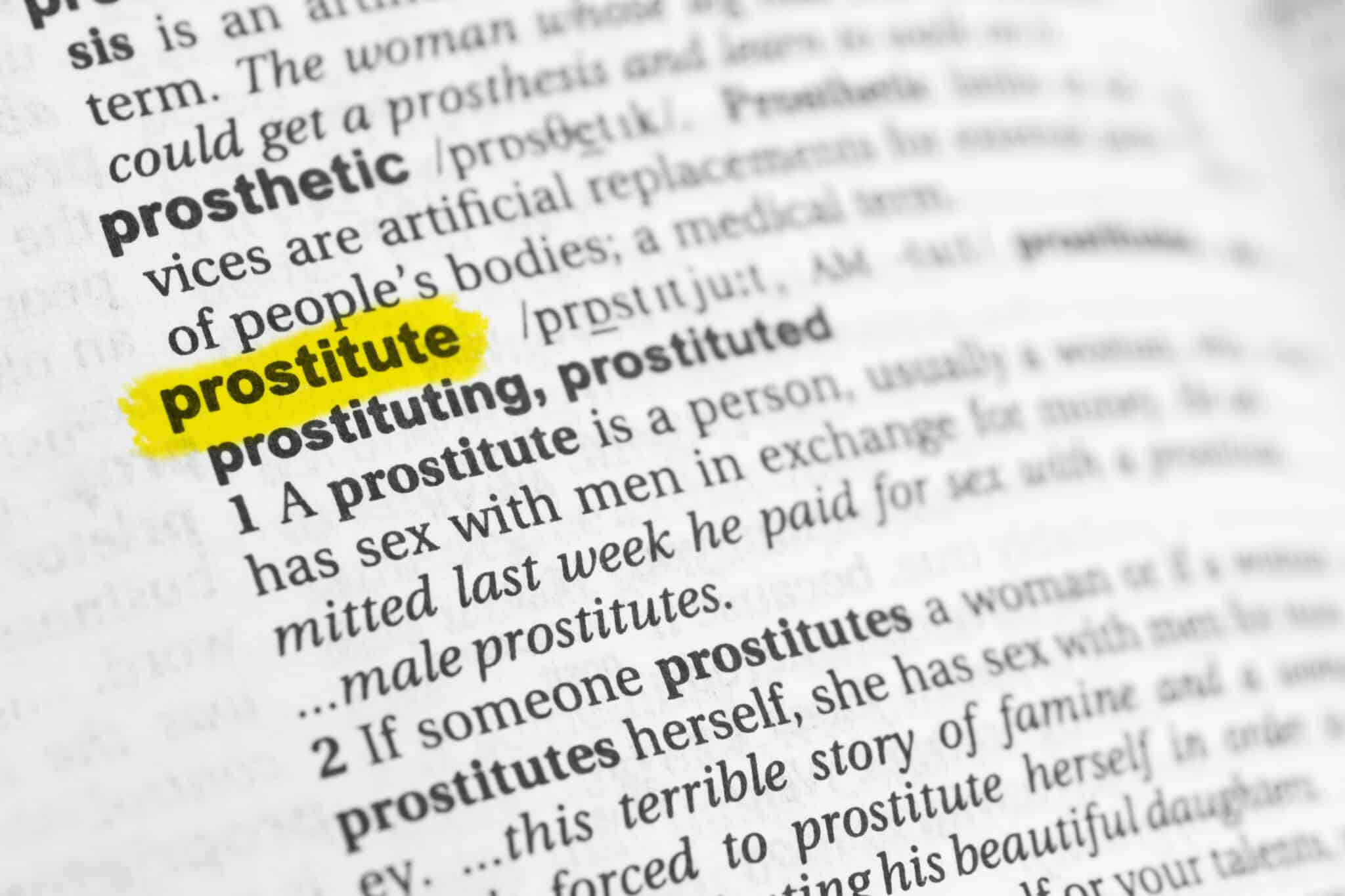Laws on Prostitution and Solicitation Offenses in Illinois
Prostitution and solicitation offenses are complex legal matters with significant implications for the individuals involved. These activities raise ethical, social, and public health concerns, prompting lawmakers to establish laws and regulations to address them. In Illinois, specific statutes are in place to combat prostitution and solicitation, aiming to protect individuals from exploitation, reduce the spread of sexually transmitted infections, and maintain public order.
Prostitution and solicitation offenses involve the exchange of sexual acts for money or other forms of compensation. While the legality of prostitution varies around the world, most jurisdictions, including Illinois, deem it illegal. Understanding the laws surrounding these offenses is crucial to individuals directly involved and society.
By familiarizing yourselves with these laws, we can better comprehend the implications of these offenses and explore alternative approaches to address the underlying issues they represent.
Prostitution Laws in Illinois
In Illinois, prostitution is defined as exchanging sexual acts for money or other forms of compensation. While laws regarding prostitution vary from state to state, engaging in prostitution is generally considered a criminal offense across the United States. In Illinois, both the act of offering to engage in sexual acts for money (solicitation) and engaging in sexual acts for money (prostitution) are illegal.
Under Illinois law, the offense of prostitution is a Class A misdemeanor for a first offense, punishable by up to one year in jail and/or a fine of up to $2,500. Subsequent offenses can lead to increased penalties, such as a Class 4 felony, resulting in imprisonment of one to three years and/or a fine of up to $25,000.
Solicitation Laws in Illinois
Solicitation refers to offering, agreeing to, or accepting money or anything of value in exchange for sexual acts. In Illinois, solicitation is treated as a separate offense from prostitution, but the penalties associated with both can be equally severe.
Solicitation is considered a Class A misdemeanor for a first offense in Illinois, carrying a potential jail sentence of up to one year and/or a fine of up to $2,500. Repeated offenses can result in harsher penalties, including mandatory minimum jail terms and increased fines. Moreover, if the solicitation involves a minor, the charges can be elevated to a felony offense, carrying more severe consequences.

Consequences and Rehabilitation
Apart from legal repercussions, involvement in prostitution or solicitation can have far-reaching consequences. Individuals convicted of these offenses may face social stigma, difficulty finding employment, and strain on personal relationships. Recognizing the underlying factors that lead to these activities, Illinois offers diversion programs and rehabilitation services to help individuals break free from the cycle of prostitution.
One of the most notable consequences of prostitution and solicitation offenses is the social stigma attached to these activities. Public perception often associates individuals involved in these acts with negative stereotypes and moral judgment. This stigma can lead to social isolation, strained relationships with family and friends, and difficulties in reintegrating into society even after serving a sentence or completing a diversion program.
In addition to societal consequences, individuals convicted of prostitution or solicitation offenses may face significant challenges in finding stable employment. Many employers conduct background checks, and a criminal record related to these offenses can limit opportunities and create barriers to career advancement. This further exacerbates the cycle of poverty and vulnerability, making it harder for individuals to break free from the circumstances that led them into such activities in the first place.

Understanding the laws on prostitution and solicitation offenses in Illinois is crucial for individuals and communities. The state takes a strong stance against such activities to protect vulnerable individuals and maintain public order. By educating ourselves about these laws, we can better comprehend the consequences and seek appropriate support for those affected. Additionally, it is essential to foster an environment that focuses on rehabilitation and provides opportunities for individuals involved in prostitution and solicitation to rebuild their lives and contribute positively to society.
If you or someone you know is facing charges related to prostitution or solicitation offenses in Illinois, it is imperative to seek legal representation immediately. The consequences of these offenses can have a lasting impact on your life, including possible jail time, hefty fines, and a tarnished reputation.
As an experienced attorney specializing in criminal defense, I understand the complexities surrounding prostitution and solicitation laws in Illinois. I am committed to providing you with the skilled and personalized legal guidance you need during this challenging time.
About the Author:
Andrew M. Weisberg is a former felony prosecutor who now serves as a defense attorney in the greater Chicago area. He has extensive experience handling all types of criminal cases, from sex offenses and domestic violence to retail theft-related crimes, murder, and drug crimes. His work has been recognized by Avvo, Expertise, National Trial Lawyers, and others, and he has been featured on countless news outlets for his experience and knowledge in criminal law.







 Blog Home
Blog Home 










